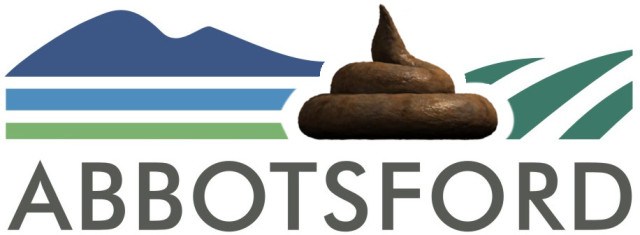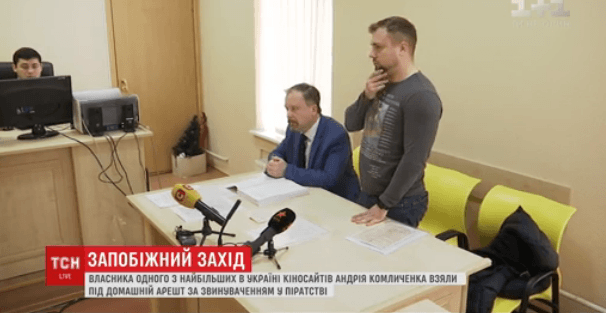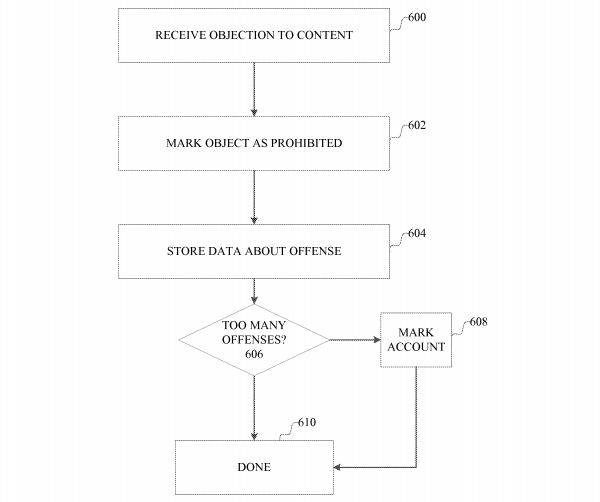City of Abbotsford Enters WordPress’ DMCA “Hall of Shame”
samedi 6 mai 2017 à 19:30 As one of the leading blog platforms, WordPress.com receives thousands of DMCA takedown requests every year, but nearly half of these are rejected.
As one of the leading blog platforms, WordPress.com receives thousands of DMCA takedown requests every year, but nearly half of these are rejected.
Parent company Automattic is known to inspect all notices carefully, and has a track record of defending its users against DMCA abuse. In addition, it occasionally highlights the worst offenders in its own “Hall of Shame.”
This week the company added a new entry for the first time in several months. The dubious honor goes to the City of Abbotsford, Canada, which tried to clean up its ‘image’ with a recent DMCA notice.
The “infringement” Abbotsford reported concerns an article written by a homeless blogger, who highlighted that city officials deliberately spread chicken manure on a camp for homeless people.
To illustrate this unfortunate event with a fitting image, the blogger posted a parody logo of the city, replacing the pine tree with a turd.

Pretty innocent, one would think, but apparently the city of Abbotsford thought otherwise. Through a marketing company, Abbotsford city council sent a DMCA notice to Automattic, asking it to remove the offending image.
However, since there is a clear fair use case here, the company behind the WordPress blogging platform was not impressed.
“Pardon the pun. It was glaringly obvious that the addition of the hilariously large feces was for the purposes of parody, and tied directly to the criticisms laid out in the post,” Automattic writes.
“As a result, it seems hard to believe that the city council took fair use considerations into account before firing off their ill-advised notice, and trying to wipe up this mess,” the company adds.
Instead of taking the image offline, Automattic referred the takedown notice to the blogger in question. He decided to keep it online as well, adding a massive “parody” watermark just to avoid any further confusion.

So, instead of wiping the “crappy” logo from the Internet, the marketing firm actually managed to magnify the issue, entering WordPress’ DMCA Hall of Shame. Since the original article is nearly four years old, they would have been better off ignoring it, but some people have to learn that the hard way.
In its closing comments, Automattic stresses that their use of the ‘shitty’ logo also falls under fair use protection, urging the City counsel to refrain from sending them any additional takedown requests.
“Our use of the Abbotsford city logo in this post is also for the purposes of commentary or criticism, and therefore falls under fair use protections. If anybody on the council happens to be reading, please don’t send us another DMCA takedown.”
At TorrentFreak we would like to repeat Automattic’s argument, also adding a fair use exception for the purpose of news reporting.
Source: TF, for the latest info on copyright, file-sharing, torrent sites and ANONYMOUS VPN services.


 Hundreds of millions of people upload and share files every day, and not always with permission from their rightful owners.
Hundreds of millions of people upload and share files every day, and not always with permission from their rightful owners. 
 Last Friday, Netflix became the key victim in one of the
Last Friday, Netflix became the key victim in one of the 